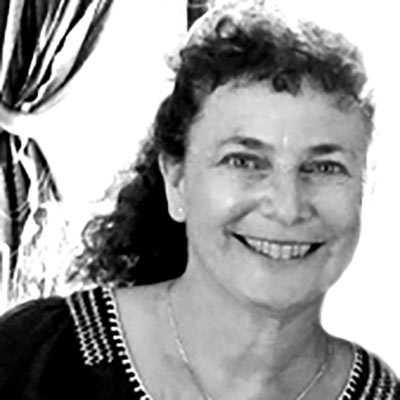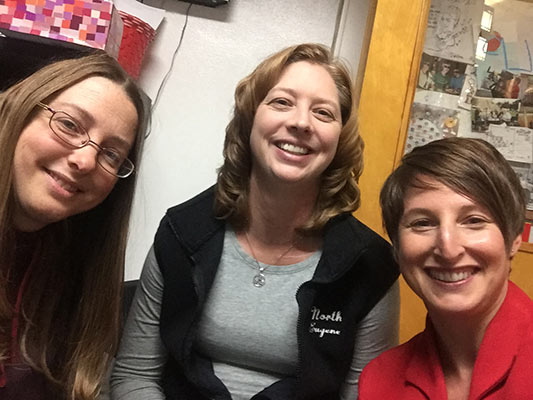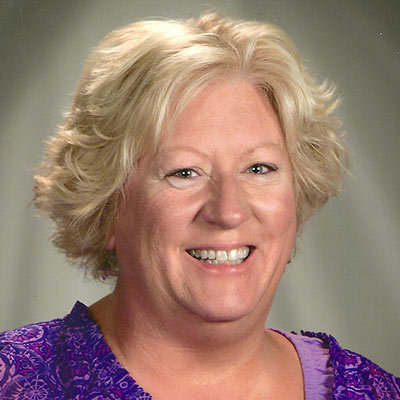

Lisa Arkin Executive director of Beyond Toxics
The southern Willamette Valley is defined by the forces of the Willamette River, which deposited fertile soils as it weaved from the Cascades to the ocean.
West Eugene is the recipient of the river’s largesse, Class I and II soils, so rich in nutrients they are capable of growing nearly any edible crop. I dream of a bounty of crops erupting from the seeds planted by a new generation of land stewards.
My grandparents were chicken farmers on 2 acres of land. As a child I helped by grandmother de-feather the fryers and candle the eggs. I rode with my grandfather to deliver square egg cartons of farm-fresh eggs to his customers.
No smokestack, no gas-fired power plant or LNG pipeline. I nurture a vision of north Eugene as a bulwark against factory farming and the onslaught of chemically enabling GMO seeds and crops. Is it too much to dream of well water untainted by nitrates and soils free of a pesticide legacy? We need to honor the life-giving potential of this soil to feed future Oregonians.
Marilu Lopez Contreras, Isaac Barrera, Jonathan Aquilar Santos and Ester Ambrocio Members of North Eugene High School MEChA, part of the nation’s largest Latino student union
As Latino students at North Eugene High School, we dream of a Eugene where all students are treated with respect for who they and their families are and where no students are favored because of their privilege.
We dream of schools where teachers want all students to share their own life stories, where everyone listens to each other and learns from each other.
We dream of schools where social justice is taught all of the time and not just in one special class or at one time of the year. We dream of schools where there are ethnic studies classes in all schools.
We dream of schools where all students feel safe to be themselves and don’t have to hide their true identity, where students can have relationships with teachers who want to understand their students’ lives. We dream of schools that stop looking at students as test takers and test scores.
We dream of schools that understand that we appreciate how hard our parents have to work to make a better life for us, their children. We dream of schools that understand that we want an education so that we can help our families in the future because they have worked so hard for us.
We dream of schools that listen to our dreams and help us to reach them.

Tracy Ross, Casandra Kamens,
Courtney Leonard and Scott Mayers
Administrative staff, North Eugene High School
As administrators at North Eugene High School, we know our school is one of the best-kept secrets in Eugene. And, since neighborhood schools are a reflection of their community at large, we dream of increased attention to our hidden gem and a shared vision for the revitalization of our region.
Public schools are the heart of a community, and north Eugene, with its proud history, diverse families and a staff commitment to educate every student for the future, is no different. Our school has the potential to be a hub where we can knit together inventive, enduring relationships among educators, families, volunteers and community partners. The results are greater student success, stronger families and a healthier environment in which we live, work and play.
This potential can only be realized through a crucial understanding: Schools and communities that have greater needs should be granted equitable allocations of resources, funds and services. Making an investment in our schools and communities is for the greater good of our city, the nation and the world. Equal access to opportunity should not be dictated by zip codes or by policies inadvertently created to limit access to education.
Revitalization in the north region will happen when the community, the city and the school district can partner for greater investment: new school buildings, new programs to entice and sustain, and deeper support and understanding for the complex and rooted history of the region.

Kelly Gabriel Gardener, lover of family and dogs
Gabby is an 11-pound bundle of joy and excitement when she realizes we’re almost to the dog park. Once there, she jumps, spins, leaps, barrel rolls, races, then flops down from exhaustion.
North Eugene does not have this place. Currently, I travel to south Eugene so that my dog can play at the Amazon Little Dog Corner next to the large dog park. The city of Eugene and volunteers have created two dog parks that are dog and human friendly. Humans monitor their dogs for aggressive behavior and scoop their dogs’ poop. (Something that isn’t done at all dog parks.) I don’t know the humans’ names, but I do know the names of their dogs. That’s how it’s done at a dog park.
With all of the new developments in north Eugene, I dream of land set aside for a dog park for small and large dogs in my neighborhood. In north Eugene, Gabby and other dogs, along with their humans, need a place to socialize without having to drive 30 minutes.